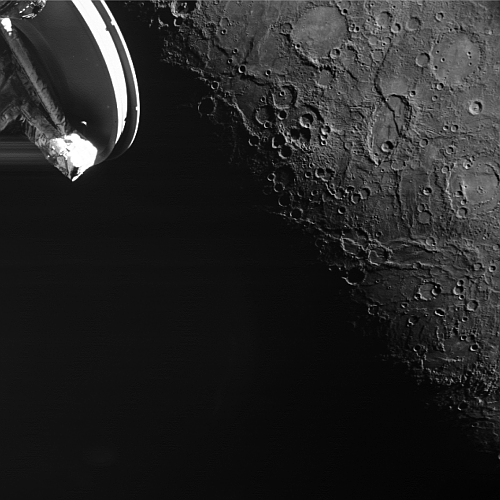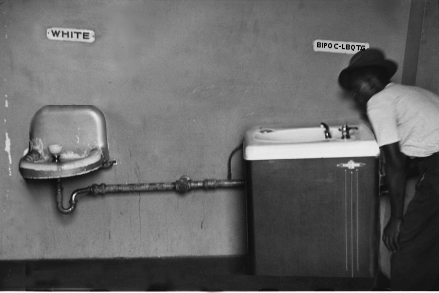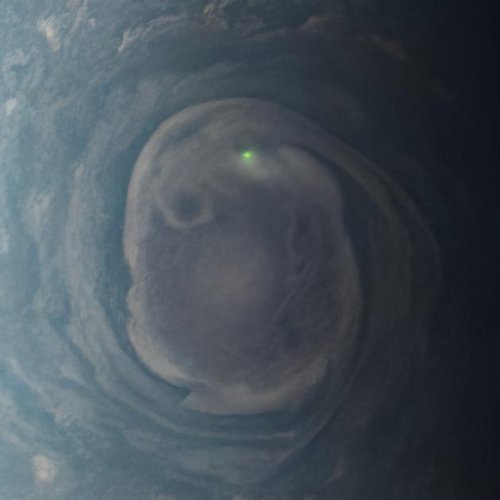Greta Thunberg: All humanity is now extinct on Earth, because we didn’t do anything about global warming

Greta Thunberg speaks!
How dare you! On June 21, 2018, Greta Thunberg informed us — as shown in her tweet to the right — that we only had five years left to stop using fossil fuels, and if we didn’t “climate change will wipe out all of humanity.”
I am hardly the only person to note this example of global warming fraudulence. Numerous reporters have also gleefully noted it, with this essay today at American Thinker by Andrea Widburg probably the most damning, not so much for noting the ignorant rantings of this uneducated high school drop-out whom the left made their icon of knowledge and top global warming expert, but for the list she provides of the endless number of other failed doomsday predictions by global warming activists and politicians.
That list was compiled in 2019, and thus it did not yet include Thunberg’s absurd prediction. Nor did it include the endless string of additional false doomsday predictions that this crowd has continued to issue in the years since, all of which I guarantee without any uncertainty will all fail, just as their hundreds of past doomsday predictions have failed.
You see, the point of those predictions was not to educate, but to instill fear, so as to then justify a power grab by the government. As Widburg concludes:
» Read more













